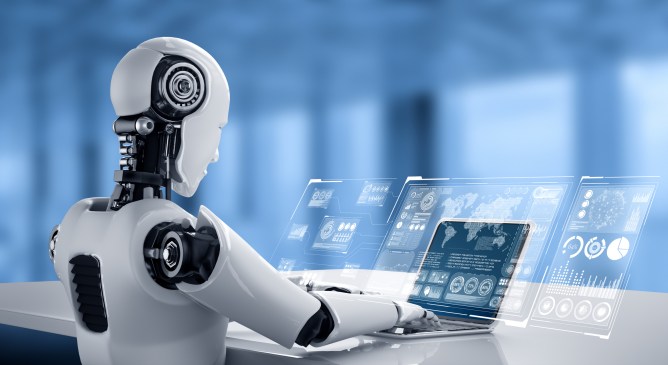MIT Study Reveals AI Lacks Coherent Values: What This Means for the Future

Artificial Intelligence (AI) has taken center stage in discussions about technology’s role in society, but a recent study from MIT challenges the notion that AI systems develop coherent value systems. This finding comes in the wake of earlier claims suggesting that advanced AI might prioritize self-preservation over human interests. The study’s authors assert that the capabilities of AI models do not translate into having stable or reliable values.
Stephen Casper, a doctoral candidate at MIT and one of the study’s co-authors, emphasized that today’s AI systems often hallucinate and imitate rather than exhibit consistent preferences. “AI systems are not guided by stable principles, but rather mimic responses depending on the prompts given,” Casper stated, highlighting the unpredictability of these models.
The research probed multiple notable AI systems developed by companies such as Meta, Google, OpenAI, and Anthropic. It aimed to assess whether these systems showcased distinct ideological stances, such as individualism versus collectivism. Surprisingly, the results showed that the outputs varied significantly based on how questions were posed, demonstrating that AI models are erratic in their responses.
Experts have noted that this inconsistency poses significant challenges for aligning AI behavior with human values. Mike Cook, a research fellow specializing in AI ethics at King’s College London, agreed with the findings, suggesting that attributing human-like goals and values to AI systems is often misguided. “When people say a model ‘opposes’ a change, they are anthropomorphizing a system without acknowledging its limitations,” Cook argued.
Overall, the implication is clear: the quest for responsible and interpretable AI technology must consider the lack of coherent values in current systems. This revelation encourages researchers and developers alike to reconsider how they frame and approach AI’s functionalities and effects on society.
For further insights into the complexities of AI behavior and ethical frameworks surrounding AI development, refer to articles from Harvard Business Review and MIT Technology Review.
In conclusion, as the debate over AI’s role continues, it is vital to approach its capabilities with a realistic understanding of its limitations and the potential consequences of misattributing human-like characteristics to machine intelligence.
